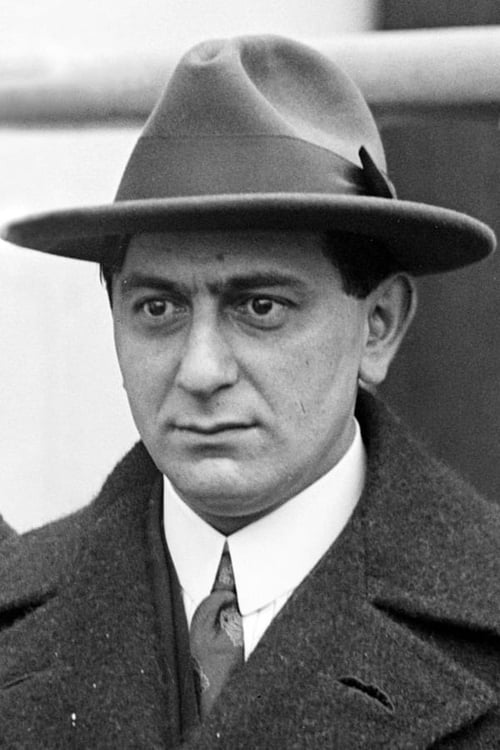Ernst Lubitsch (January 29, 1892 – November 30, 1947) was a German film director, producer, writer, and actor. His urbane comedies of manners gave him the reputation of being Hollywood's most elegant and sophisticated director; as his prestige grew, his films were promoted as having "the Lubitsch touch".
Lubitsch is best known for screwball comedies and romantic comedies, such as Trouble in Paradise (1932), Ninotchka (1939), The Shop Around the Corner (1940) and To Be or Not to Be (1942). While being escapist, his films often offer social commentary on human relationships and society in a satirical way.
Andrew Sarris in his influential book of film criticism The American Cinema: Directors and Directions 1929–1968 included him in the "pantheon" of the 14 greatest film directors who had worked in the United States.
More »
